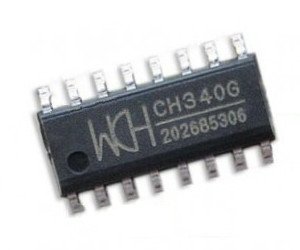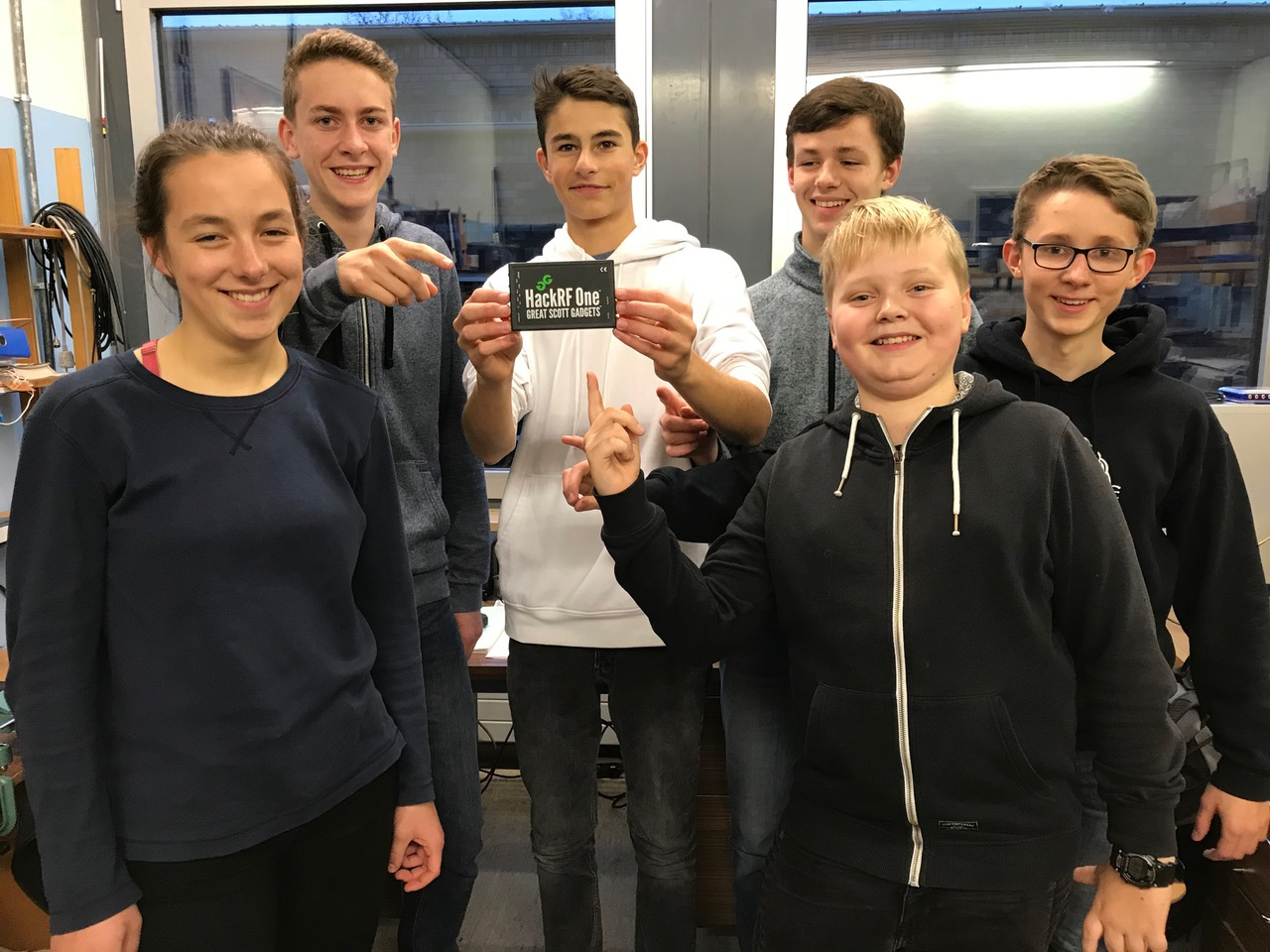Feed Embedders.org [copy] http://embedders.org/rss.xml has loading error: cURL error 7: Failed to connect to embedders.org port 80: Connection refused
Feed linux for devices [copy] http://www.linuxfordevices.com/rss-feeds-1.xml has loading error: cURL error 22: The requested URL returned error: 404
Feed SparkFun Electronics [copy] http://www.sparkfun.com/feeds/news has loading error: cURL error 22: The requested URL returned error: 405
Feed The RFID Weblog [copy] http://www.rfid-weblog.com/index.rss has loading error: cURL error 22: The requested URL returned error: 404 Not Found
openmoko.org archive down due to datacenter issues
Unfortunately, since about 11:30 am CEST on MAy 24, openmoko.org is down due to some power outage related issues at Hetzner, the hosting company at which openmoko.org has been hosting for more than a decade now.
The problem seems to have caused quite a lot of fall-out tom many servers (Hetzner is hosting some 200k machines, not sure how many affected, though), and Hetzner is anything but verbose when it comes to actually explaining what the issue is.
All they have published is https://www.hetzner-status.de/en.html#8842 - which is rather tight lipped about some power grid issues. But then, what do you have UPSs for if not for "a strong...
Mailing List hosting for FOSS Projects
Recently I've encountered several occasions in which a FOSS project would have been interested in some reliable, independent mailing list hosting for their project communication.
I was surprised how difficult it was to find anyone running such a service.
From the user / FOSS project point of view, the criteria that I would have are:
operated by some respected entity that is unlikely to turn hostile, discontinue the service or go out of business altogether
free of any type of advertisements (we all know how annoying those are)
cares about privacy, i.e. doesn't sell the subscriber lists or non-public archives
use FOSS to run the service itself, such as GNU...
CH340G - преобразователь USB - UART

CH340G
Микросхема CH340G - преобразователь интерфейсов USB - UART, выпускаемая китайской компанией WCH появилась на рынке сравнительно недавно, и очень быстро обрела широкую популярность. Из основных причин этого можно выделить:
низкую стоимость хорошую поддержку основными операционными системами - Linux, Windows (XP, 7, 8, 10) и Mac OS X работа с уровнями 3.3В и 5.0В микросхема требует минимум дополнительных компонентов и имеет удобный для пайки корпус SOIC-16В частности, эти преобразователи широко используются в китайских клонах ардуино.
CH340G создаёт виртуальный последовательный порт, эмулирующий все функции реального COM-порта (с полным контролем сигналов управления передачей данных...
Free Stuff, January and February 2018

Drumroll, please! The free stuff recipients for January and February were:
Rushabh Vyas, who is a graduate student at the Purdue School of Engineering and Technology, IUPUI, is receiving four LAN Tap Throwing Star kits for use in his digital escape room projects and in his cybersecurity group, TheDen.
His current forensics class is using a bomb-defusal scenario. He reports: “End goal for the forensics students is to be able to get access to Arduino code (by completing various forensics tasks such as steganalysis, data decoding, and artifact analysis), analyze the code, and be able to cut the correct colored wire for...
2017 Free Stuff Update

In 2017, we read a whole bunch of requests for free stuff, and we were really impressed with the many excellent submissions we received. Since our last free stuff update, we have given away 16 HackRFs and several Throwing Star LAN Tap Kits to researchers, makerspaces, amateur radio groups, and educators. The 2017 free stuff receipients included:
Dr. Fernando Pena Campos — HackRF One for wireless communications education at the university undergraduate level New Hampshire Hacker's Association (NEHA) meetup — HackRF One for SDR workshops Reforge Charleston — Throwing Star LAN Tap Kits and a HackRF One for an education based non-profit makerspace Cal...OsmoDevCon 2018 retrospective
One week ago, the annual Osmocom developer meeting (OsmoDevCon 2018) concluded after four long and intense days with old and new friends (schedule can be seen here).
It was already the 7th incarnation of OsmoDevCon, and I have to say that it's really great to see the core Osmocom community come together every year, to share their work and experience with their fellow hackers.
Ever since the beginning we've had the tradition that we look beyond our own projects. In 2012, David Burgess was presenting on OpenBTS. In 2016, Ismael Gomez presented about srsUE + srsLTE, and this year we've had the pleasure of having Sukchan Kim...
Как слушать Дэвида Боуи и не попасть под машину

Самый разгар весны! Травка синеет, птички гавкают… Из гаражей повыползали мотоциклисты и велосипедисты. Как любителя вальяжно рассекать городские улочки на своем чоппере, да отправиться в велопрогулку на педальном транспорте, меня волнуют две вещи — безопасность и комфорт. И в вопросе прослушивания музыки эти два момента зачастую конфликтуют между собой.
Можно кататься на велосипеде в наушниках-затычках, но недолго…
Можно поставить аудиосистему на мотоцикл, но такой кастом может сильно испортить внешний вид байка, да и окружающим может не понравиться выбранный вами репертуар.
Но тут ребята из Медгаджетс предложили мне попробовать компромиссное решение — наушники с костной проводимостью Aftershokz Trekz Titanium.
osmo-fl2k - Using USB-VGA dongles as SDR transmitter
Yesterday, during OsmoDevCon 2018, Steve Markgraf released osmo-fl2k, a new Osmocom member project which enables the use of FL2000 USB-VGA adapters as ultra-low-cost SDR transmitters.
How does it work?A major part of any VGA card has always been a rather fast DAC which generates the 8-bit analog values for (each) red, green and blue at the pixel clock. Given that fast DACs were very rare/expensive (and still are to some extent), the idea of (ab)using the VGA DAC to transmit radio has been followed by many earlier, mostly proof-of-concept projects, such as Tempest for Eliza in 2001.
However, with osmo-fl2k, for the first time it was possible to completely disable...
Meta: Blog comment systems

Comment systems on self-run sites: methods, security, what I've found so far.
Announcing Official Lo-tech Outlet: TexElec
Lo-tech is pleased to announce TexElec as Official Lo-tech Distributor
The post Announcing Official Lo-tech Outlet: TexElec appeared first on lo-tech.